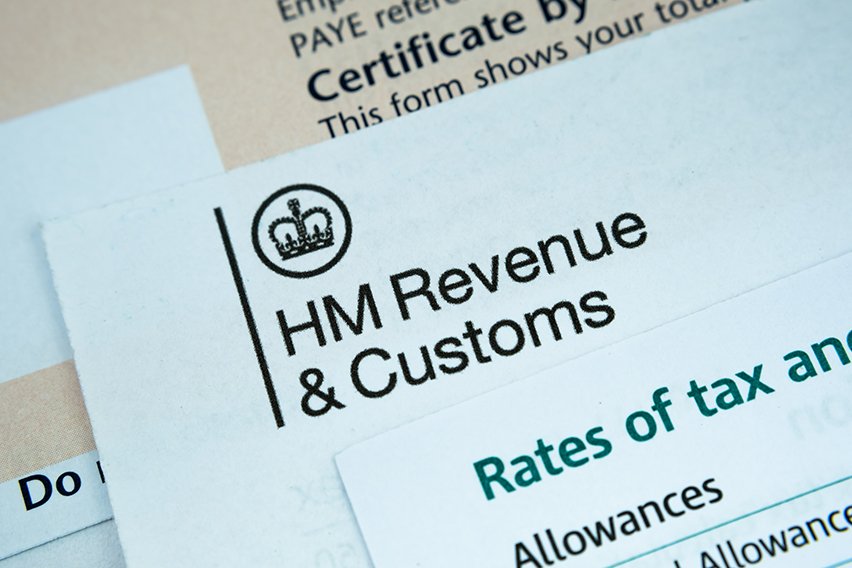Corporation Tax Relief: How to Reduce Corporation Tax

With so many expenses and operating costs associated with running a small business, any tax benefits or relief you get can go a long way. And now more than ever companies are trying to find ways to help reduce corporation tax or liabilities. It can be beneficial to pay the least amount of tax possible.
Saving money and getting tax relief is great and several strategies can get taken to get there. However, there are a few things to know and understand when it comes to corporation tax relief and some tax payments. Here is everything you need to know about corporation tax relief and how to reduce it.
Here’s What We’ll Cover:
Special Corporation Tax Regimes
5 Tips to Reduce Your Corporation Tax
What Is Corporation Tax?
Corporation tax gets paid by limited liability companies and a foreign corporation that has branches in the UK. It is also charged to other for-profit entities. The tax gets charged on things like trading profits, investments and gains from the sale of any business assets. Corporation tax is currently charged at 19% and is expected to rise to 25% in 2023.
Basically, if your business has taxable income that falls below £50,000 then you will pay 19% corporation tax. This percentage will increase proportionately as profits rise to £250,000. And any profits above £250,000 are subject to a 25% corporation tax rate.

Special Corporation Tax Regimes
Most companies in every sector are subject to the same corporation tax rates and rules. That said, certain things will vary in sizes, such as transfer pricing, R&D credits and a few anti-avoidance rules.
There are also some additional reporting and compliance requirements for larger businesses. For example, certain elements of HMRC’s organisational approach and structure are arranged by the size of the business.
Here are four exceptions to corporation tax.
1. Oil and Gas Company Regime
If you have profits that come from oil or gas extraction in the United Kingdom then you are subject to a full rate of 30% and a small profits rate of 19%. This includes any oil or gas rights in the UK and the UK Continental Shelf. There is also a supplementary tax charge of 10% for adjusted ring fence profits, which is on top of the normal corporation tax.
2. Life Insurance Company Regime
Certain insurance businesses get taxed differently. There are special rules for qualifying profits from life insurance companies. Which essentially means that there will be different corporation tax rates. Check the HMRC website for more information.
3. Tonnage Tax Regime
If you operate qualifying ships that get commercially and strategically managed in the UK, then you can apply for Tonnage Tax. This is basically a different way to calculate corporate tax profits based on the net tonnage of operated ships.
The Tonnage Tax profit would replace tax-adjusted profits and losses on shipping activities. Any of your other profits will get taxed under the regular corporation tax regime.
4. Banking Sector
If your business operates within the banking sector, then there is a supplemental tax of 8%. However, this is only the case if your profits are more than £25 million. When this happens, loss utilisation becomes restricted. And any carried forward trading losses are only able to get set against 25% of profits in a period.
5 Tips to Reduce Your Corporation Tax
Let’s take a look at a few tips to help reduce your corporation tax liabilities.
1. Don’t Miss the Deadlines
The first thing you should do when trying to reduce your corporation tax is to make sure you know when all the deadlines are. You usually have two years from the time an accounting period ends to claim certain tax reliefs. Some of these can include things like research and development tax reliefs, patent box relief and capital allowances.
Make sure you know when these dates are so you can get the right information submitted in time. It will help ensure that you can claim your full entitlement before it’s too late.
2. Invest Money in Plant and Machinery
There is an Annual Investment Allowance (AIA) that you can benefit from. It basically allows you to claim immediate tax relief for certain purchases. This is as long as the purchases are for certain business assets and the amount is only up to a specified limit.
The amount of the Annual Investment Allowance can go up to £1 million. This means that if you invest in qualifying items you will be able to write off a large portion of the investment against your profits. Just make sure it’s qualified equipment.
3. Claim Your Small Business Expenses
You might already be claiming some small business expenses, but are you aware of all the expenses you are eligible to deduct? It can be easy to overlook some expenses on your accounting records. But making sure you’re claiming for everything you can will provide some extra relief.
Keep track of things like office expenses, travel expenses and other capital allowances. There are certain rules to follow, especially when it comes to personal property and business expenses. Check out the HMRC website for a full breakdown of which expenses you’re eligible to deduct as a small business.

4. Look Into a Work From Home Allowance
HMRC has created some guidelines and specifications for those who are working from home, including provisions for potential “working from home tax relief.” You can claim a certain portion of your home expenses if most of your business gets conducted there. You might be able to write off a portion of things like heating, lighting and internet.
5. Claim Available Loss Reliefs
If you aren’t already, make sure that you are claiming any loss reliefs available to your business. Depending on the type of business that you operate there can be some varying types of losses that a company can incur. But, in certain circumstances, those operating losses can get carried back to the previous year.
They can also get carried forward and put against future profits or they can even get surrendered to another company.
Key Takeaways
Certain types of companies must pay corporation tax. Limited companies and foreign companies with offices located in the UK, for example, are subject to 19% corporation tax. However, there are a few industries that have varying rules and regulations.
Oil and gas, life insurance, banking and shipping have some different rules and tax rates. Take a look at the HMRC website for more information on those industries.
So, what’s the business benefit of corporation tax? There are some things that you can do to help provide your business with some relief to increase corporate profits. Make sure that you know the right deadlines to submit your taxes so you don’t miss out on some benefits.
You can invest in things like plants and machinery and claim small business expenses. As well, you can claim available loss reliefs by carrying them back to the previous accounting period. And if you work from home there can be some additional tax credits for things like office supplies, electricity and internet costs.
Did you enjoy reading this guide? Head over to our resource hub for more great content!
RELATED ARTICLES

 Understanding UK1100L Tax Code
Understanding UK1100L Tax Code VAT Deferral Payment Due to Coronavirus: When to Pay
VAT Deferral Payment Due to Coronavirus: When to Pay What Is VAT MOSS? Registration & Payment
What Is VAT MOSS? Registration & Payment What Is Employment Allowance? Rules & How to Claim
What Is Employment Allowance? Rules & How to Claim What Does Zero-Rated VAT Mean?
What Does Zero-Rated VAT Mean? How Does Flexible Furlough Work: All You Need to Know
How Does Flexible Furlough Work: All You Need to Know